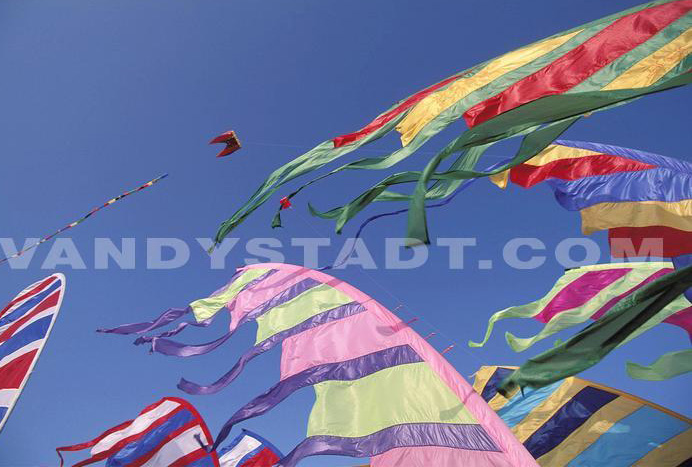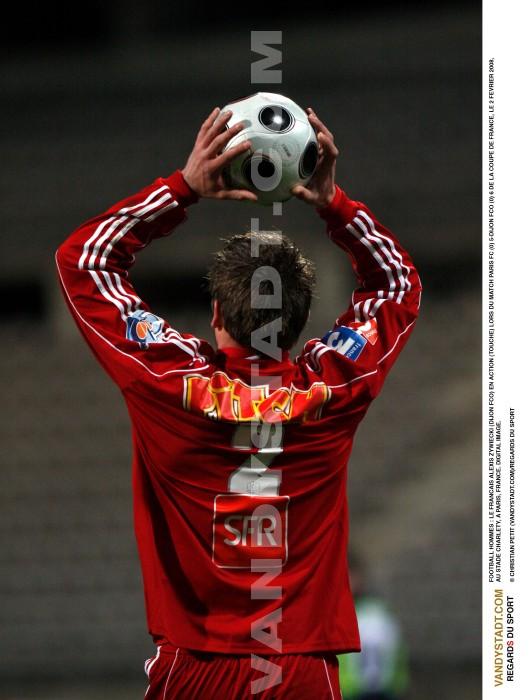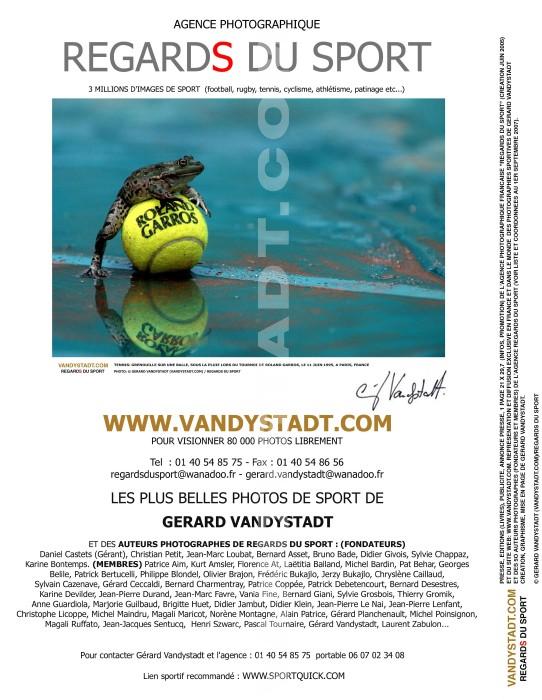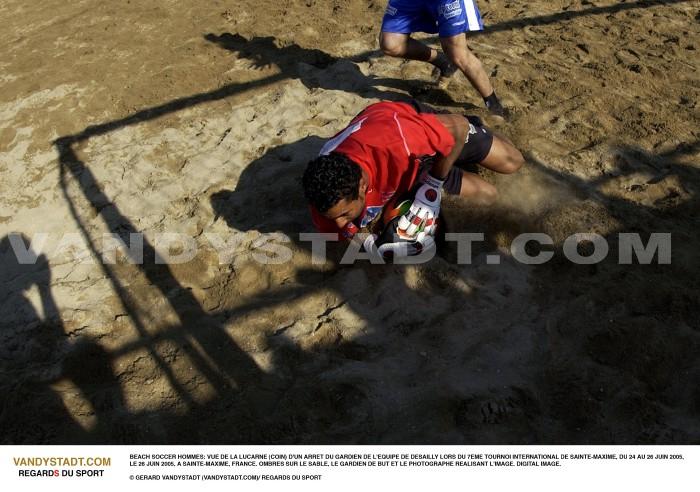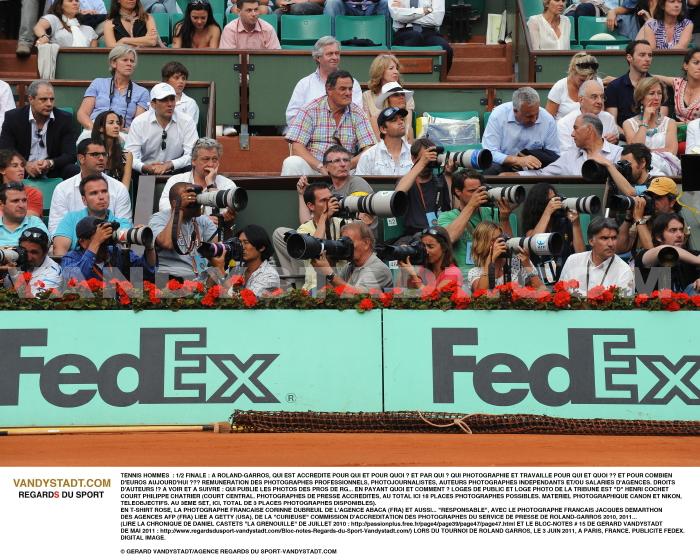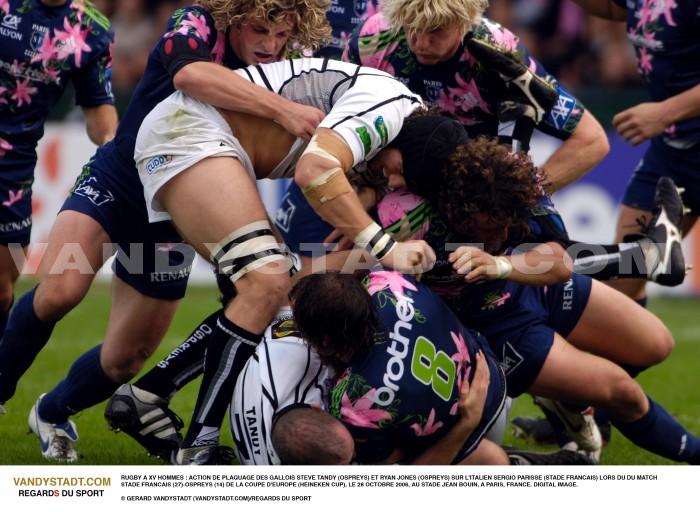Sports aériens - Other air sports history
Other air sports
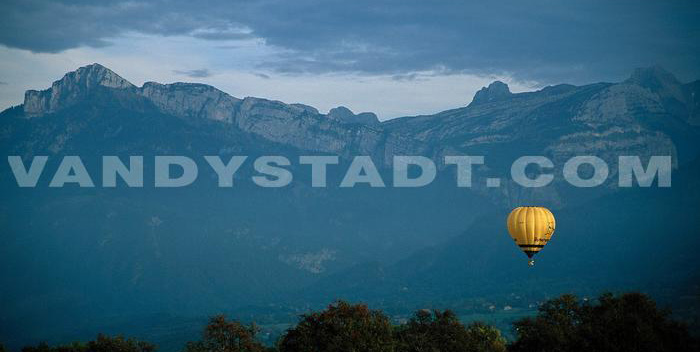
The first flight of a hot air balloon with no basket and no passenger was held June 4, 1783, developed by the French brothers Etienne (1745-1799) and Joseph Montgolfier (1740-1810). The hot air balloon traveled a distance of 2 km at an altitude of 2000 m above Annonay.
The early history of balloonists were Jean-Francois Pilatre de Rozier (1754-1785) and Marquis Arlanda (1742-1809) who effectuèrent in a hot air balloon a distance of 12 km in 25 minutes to 1000 m above Paris November 21, 1783 (between the castle of La Muette and La Butte aux Cailles.
On October 19, 1783, Pilâtre had already made a first attempt in the balloon of the Montgolfier brothers amount to 20 meters
Two years later, January 7, 1785, the French Jean-Pierre Blanchard (1753-1809) and his teammate, the American John Jeffries (1745-1819), crossed the Channel in free flight in 3 hours with a departure from Dover and an arrival on a tree near Boulogne-sur-Mer.
Records
The altitude of 15,780 m in the stratosphere was reached in a pressurized capsule in May 1931 by two Swiss Paul Kipfer and Auguste Piccard (1884-1962). The latter was the inventor of the pressurized cabin and stratospheric balloon. It is also the grandfather of Bertrand, the first successful round the world balloon flight in March 1999.
The 20 000 m altitude were reached in 1935 by two Americans: Albert Stevens and Orvil Anderson. A record that lasted 20 years!
The altitude record was established in May 1961 by Commander Malcolm Ross and Victor Prather Lieutenant U.S. Air Force to 34,668 m. Victor Prather was killed by drowning while landing in the Gulf of Mexico.
The first trans-Atlantic between Maine and France was conducted by Americans Ben Abruzzo (1930-1985), Maxie Anderson (1934-1983) and Larry Newman in August 1978: 4997 km in 138 hours and 6 minutes of flight.
The first Pacific crossing Nagashima between Japan and San Francisco took place in November 1981 conducted by Ben Abruzzo, Larry Newman helped Japanese Rocki Aoki.
The airspace of the former USSR was flown in 1992 by Russian Vladimir Djanibekov (13-5-42) in a balloon inflated with higher helium inside a balloon with compressed air (Earthwind).
The duration record nonstop flight and air refueling was 9 days, 17 hours and 51 minutes held in February 1998 by Bertrand Piccard (1-3-58) SUI, Wim Verstraeten and Andy Nelson NZL GBR with their balloon / aircraft "Breitling Orbiter 2" covering a distance of 8473 km. They could not continue their flight after refusing to fly to China. The previous record of 9 days, 3 minutes and 44 seconds belonged to the American Dick Rutan (1-7-38) since 1986 on board his aircraft Voyager.
In August 1998, the American billionaire adventurer Steve Fossett (22-4-44) had to interrupt his fourth attempt due to a hail storm off the New Caledonia after traveling 22 910 km in 8 days and a half (world record).
End December 1998The American Steve Fossett, the Swede Per Lindstrand and Richard Branson English (18-7-50), boss of Virgin, have abandoned their attempt on the eighth day, blocked by a depression off Hawaii after 20 000 km flown aboard their airship "ICO-Global Challenge" (14 tons).
In February1999, two British Colin Prescott and Andy Eldon stayed 17 days and 18 hours in their balloon "Cable and Wireless" before landing off Japan due to inclement weather.
The last exploit of the 20th century!
On March 20, 1999, the Swiss Bertrand Piccard (1-3-58, psychiatrist) son and grandson of Augustus (inventor of the pressurized cabin) associated with the British Brian Jones (27-3-47, a former pilot in the Royal Air Force) have passed the first round the world nonstop in a balloon at the edge of their balloon 55 meters high, the "Breitling Orbiter 3". They flew over twenty territories, two oceans whose formidable Pacific, through the wind (ranging between 120 km and 180 km / h with top speeds of 200 km / h) or 46 759 kilometers in 19 days, one hour and 49 minutes without stopping.
In 2001, when the Cup Charlottes, the crew of Franck Dinet produced the largest thermal history.
In July 2002The great adventurer, the American Steve Fossett (22-4-44) has completed the first round the world solo non-stop aboard the balloon, the Spirit of Freedom, in 13 days 12 hours 16 minutes. Party June 19th, arrived July 2, he ran 31 266 km at an average speed of 96.7 km / h with peaks at 160 km / h.
The trophy is the most prestigious Gordon BennettCup, named after the founder of the Herald Tribune that created this race in 1906. The event takes place between the 20 best world specialists. The 47th edition in 2003 was won by French brothers Vincent and Jean-Francois Leys, already winner in 1997, 2001 and 2002.
Remember: the circumference of the Earth at the equator is 40 075 km. Jones and Piccard have cordoned off the official tour in 42 810 km view cut their path to find the best current. Around the world sailing is 46 000 km.
ULM
1982 sees the first London-Paris rally. In 1975, the Americans invented the ultralight climbing small engine on a hang glider. An ultralight must weigh less than 150 kg and fly at least 40 km / h.
Among the best in the world are the French, and Catherine Samir Elari Almaric, European champions in 2000 and 2002 world champions in 2001.
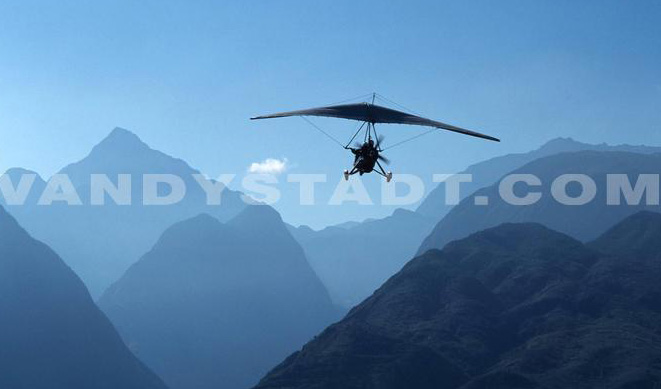

Modern sport of skill and endurance from an ancient practice of hunting birds. The boomerang has its origins in prehistory, but its discovery in Australia, when the eighteenth century alone. We found evidence of its existence in Europe and Africa. The tomb of Pharaoh Tutankhamen contained many boomerangs.
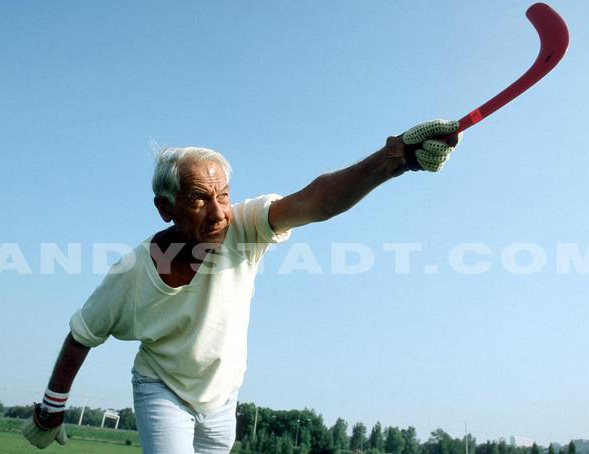
The Australian boomerang was founded in 1969. In its wake, many national associations sprang up almost everywhere around the world.
The ability to theft and return of a boomerang is due to its shape, curved or angular profiles of its blades and a subtle relationship in the distribution of its mass and its surface. Highly variable, the weight of a modern boomerang does not exceed 150 grams and 50 centimeters wide, but there are a lot smaller.
The plywood and plastics are commonly used to manufacture modern boomerangs, but commercially, it is better or worse.
The act of throwing is similar to that of the tennis serve, and catch a flight request footwork comparable also to that of tennis. Energy expenditure can be the same.
There are hundreds of thousands of practitioners, at least occasional in the world, including in France, tens of thousands for about five hundred launchers trained. Many national and international tournaments are held each year with different types of tests involving the accuracy of the return to the thrower, the ability to catch, the longest distance achieved.
The world record distance, out of competition and officially controlled, was established in 1989 by the French Christian Jabet with a throw over 149 meters before returning the camera behind the pitcher. Another French Stephane Marguerite, made the same year, 801 consecutive catching up. There are two schools of practice and competition: one, inspired by American style fast and nervous, involving small devices, the other more traditional inspiration with powerful equipment theft and spectacular.
The boomerang has inspired a vast literature. It has also been the subject of little mundane exploits, such as shots on the South Pole, the summit of Mont Blanc, the Himalayas, ...
It exists in Lure, Haute-Saone (70), the historical museum of the boomerang and wooden jet - Collection Jacques Thomas.
Useful addresses:
France Boomerang Association, BP 62, 91002 Evry Cedex.
La Pérouse Boomerang Club of France, 6, rue des Etats-General, 78000 Versailles.
He was born in China, there are 2 thousand years created by a Chinese general who handed the flag on crossed sticks that his troops could spot it from afar.
Formerly regarded as a talisman against evil forces and used for rituals or religious ceremonies in Asian countries, the use of kite has become over time a breeze and over time a real business sport through the use of fiberglass and carbon fabrics and spinnaker.
The two landmarks of the French kite volisme are the "Rencontres Internationales" of Berck-sur-Mer (in April) and Dieppe (every 2 years in September).
More and more we use the kite in the practice of some sports. They are connected to devices such as surfing (Kitesurfing), sand yachting, rollerblades, skis (particularly when used in polar expeditions)
Other uses of the kite:
The use of kites to fish for billfish in the Celebes in Indonesia;
The scientific employment used by meteorologists and surveyors;
Tool like the Rokkaku battle, the kite fighting Japanese, born of ancient traditions;
Targets for shooting practice used by U.S. and British military during the Second World War;
The world record long jump with a kite is 83.80 m.
For information, contact the French Federation of free flight.
Frisbee
We must play the frisbee to students of the renowned Yale University year Connecticut, which, in 1947, is throwing pie tins from the Frisbie Joseph pastry. A year later, a man named Frederick Morrison filed the patent for a plastic disc. Later, the California company Wham-O bought the rights and gave the name 'frisbee' in this game of leisure.
Copyright Sportquick/Promedi








